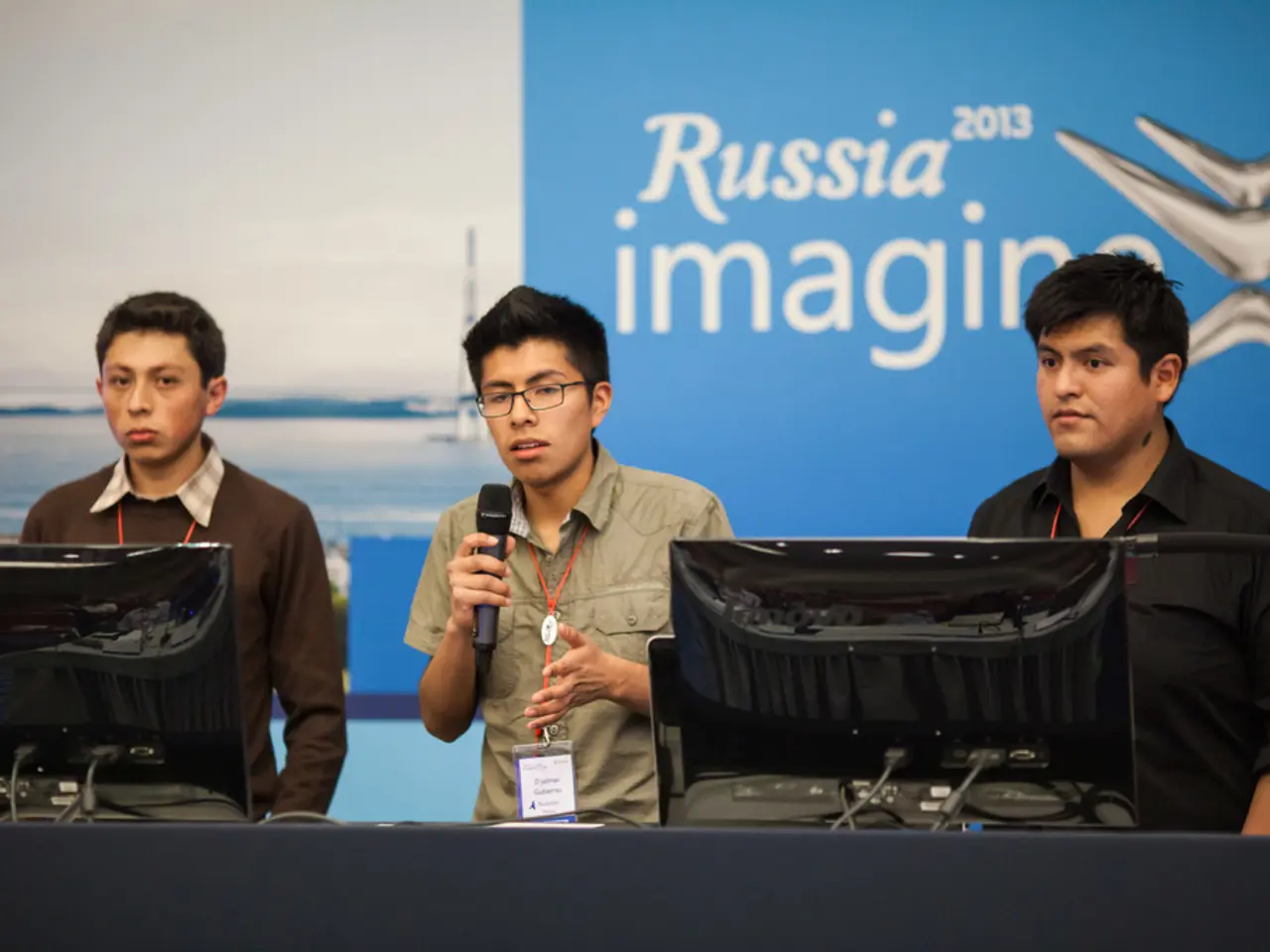Trump and Lukashenko Discuss Ukraine Summit: Potential Release of 1300 Political Prisoners Imminent?
Belarus, a small but strategically significant country, continues to play a critical role in the complex geopolitical dance between Russia and NATO in 2025. Its unique location on NATO's eastern flank, bordering several NATO members and Ukraine, makes it a crucial geopolitical flashpoint in Eastern Europe.
Under President Alyaksandr Lukashenko, Belarus has pursued a multi-vector foreign policy, aiming to avoid full dependence on Moscow while benefiting from economic and diplomatic relations with the US, EU, and China. This delicate balance reflects Belarus’s effort to preserve sovereignty while navigating intense geopolitical pressures.
The relationship between Belarus and Russia has deepened since 2020, largely due to Western sanctions and political pressure. This has led to closer military integration, with joint exercises like the Zapad-2025 maneuver planned for September 2025. Russia views any Western alignment by Belarus as an existential threat and is prepared to use military measures to prevent it, as seen in Ukraine.
Meanwhile, the US has engaged with Belarus diplomatically, leading to the release of political prisoners in June 2025. This move is seen as a tactical move by Lukashenko to reduce Western isolation and attract foreign capital. The EU remains cautious, maintaining sanctions and requiring systemic reforms for normalization.
The geographic position of Belarus as a logistics and transit hub between Europe and Asia could be economically strategic for Western firms, offering alternative Eurasian freight routes. Its diversified economy, if reintegrated into Western markets, could benefit U.S. and European interests substantially.
Domestically, Lukashenko's authoritarian rule continues, with limited political reforms. However, Belarus carefully manages its internal stability while leveraging strategic gestures to mitigate geopolitical risk and maintain a modicum of Western engagement without losing Russian support.
In recent developments, Lukashenko has met with high-ranking U.S. officials and had a phone call with Donald Trump, marking the first direct conversation between Minsk and Washington in years. Trump has announced that another 1300 political prisoners from Belarus could be freed. These developments suggest a possible thaw in relations between Belarus and the West, with the West considering relaxing sanctions against Belarus due to the prisoner release.
Despite his close alliance with Putin, Lukashenko occasionally demonstrates rhetorical independence but ultimately acts in Moscow's geostrategic interest. His dependence on Putin makes him an ideal junior partner for Russia, serving as a mediator for Moscow's interests in negotiations with the West. Lukashenko is considered a "whisperer" for the Kremlin.
As the upcoming Ukraine summit approaches, involving heads of state from Washington and Minsk, the geostrategic importance of Belarus in the NATO-Russia rivalry remains undiminished. The events of mid-2025 underscore the complex interplay of geopolitical forces shaping Belarus's future and the region as a whole.
The general news highlights the recent meeting between Belarus and the US, with President Lukashenko having a phone call with Donald Trump, marking a significant shift in the relations between the two countries. War-and-conflicts may be rekindled in the region as the upcoming Ukraine summit looms, given the strategically significant location of Belarus and its role in the complex geopolitical dance between NATO and Russia. The politics surrounding Belarus indicate a delicate balance, with the country aiming to benefit economically from Western markets, while maintaining strategic gestures to preserve Russian support.








